Medewerkers met het vakgebied Immunologie
Wetenschap ontwikkelt zich waar verschillende vakgebieden samenkomen. Alleen al daarom bestaat er binnen de RUG een grote verscheidenheid aan vakgebieden, met daarbinnen een groot aantal vakspecialisten. Met behulp van onderstaand overzicht, gebaseerd op een vaststaande indeling van wetenschapsgebieden, vindt u op elk vakgebied de juiste deskundige. Komt de deskundige die u zoekt niet voor in deze lijst? Via een vergelijkbaar vakgebied of een gerelateerde faculteit vindt u mogelijk alsnog de juiste persoon.
Overzicht van alle vakgebieden
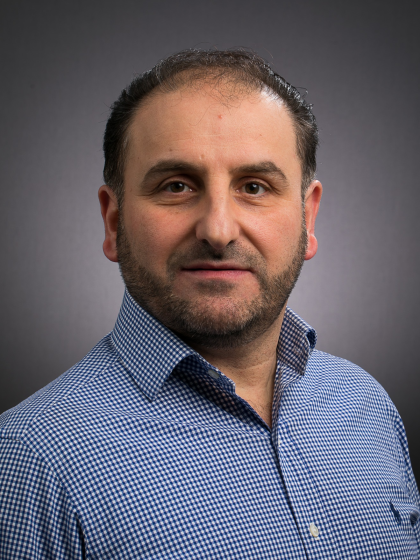
Contact
w.abdulahad umcg.nl
Functie
Assistant Professor / Principal Investigator

Immunologie van vaccinaties

Internist-nefroloog met bijzondere belangstelling voor nier en pancreastransplantatie, complement-immunologie, klinische trials, immuunsuppressie en transplantatie bij ouderen.

Contact
s.p.berger umcg.nl
Functie
Hoogleraar Interne Geneeskunde ihb Transplantatienefrologie
Vakgebied
Tijdens mijn promotieonderzoek heb ik mij gespecialiseerd in mucosale immunologie. Vervolgens heb ik mijn expertise uitgebreid naar vaccinologie, waarbij ik me specifiek heb gericht op het ontwikkelen van nieuwe vaccinatiestrategieën tegen respiratoire... lees meer

Contact
m.beukema umcg.nl
Functie
Postdoctoraal onderzoeker
Vakgebied
My research interest is the role that membrane proteins and lipids play as antigens in T cell activation, and their potential as vaccination agents.

Contact
Functie
Assistant Professor
Antigen presenterende cellen, macrofagen, dendritische cellen

Contact
Functie
Professor in Molecular Immunology
B cells

Specialisatie: cellulaire Immunologie en veroudering van het immuunsysteem

Translationeel en klinisch onderzoek; de systemische autoimmuunziekten.
Expertise:
- Syndroom van Sjögren
- Systemische Lupus Erythematosus
- Systemische Sclerose
Expertise:
- Syndroom van Sjögren
- Systemische Lupus Erythematosus
- Systemische Sclerose

Contact
Functie
Hoogleraar / Afdelingshoofd Reumatologie & Klinische Immunologie
Vakgebied
Bachelor coördinator G2010
Coordinator International Bachelor Medicine Groningen
Semester coordinator 1.1 G2020
Coordinator Research Masters
Graduate School of Medical Sciences
B cell Immunology
Mucosal Immunology
Autoimmune diseases
Coordinator International Bachelor Medicine Groningen
Semester coordinator 1.1 G2020
Coordinator Research Masters
Graduate School of Medical Sciences
B cell Immunology
Mucosal Immunology
Autoimmune diseases

Contact
n.a.bos umcg.nl
Functie
Hoogleraar Internationalisering van het onderwijs in de Medische Wetenschappen
Vakgebied
Personalized acute medicine

Contact
h.r.bouma umcg.nl
Functie
Internist acute geneeskunde, (experimenteel en klinisch) farmacoloog, immunoloog
Vakgebied
My research is focused on the discovery and application of novel biomarker signatures in patients with inflammatory bowel diseases (IBD), while also assessing their potential for therapeutic modulation (e.g., through dietary interventions) and their... lees meer

Contact
a.r.bourgonje umcg.nl
Functie
MD, PhD, Postdoctoral researcher
Vakgebied
-antibody engineering
-immunotherapy
-tumor immunology
-immunotherapy
-tumor immunology

Contact
Functie
Adjunct Hoogleraar
Vakgebied

Contact
Functie
Arts-onderzoeker / Promovendus
Vakgebied
Kanker, Tumor Immunologie, Antistoffen, Gynaecologische aandoeningen



Pharmacology and therapeutics, specializing in molecular biology, cancer biology, drug evaluation and targeting, and metabolic disorders.
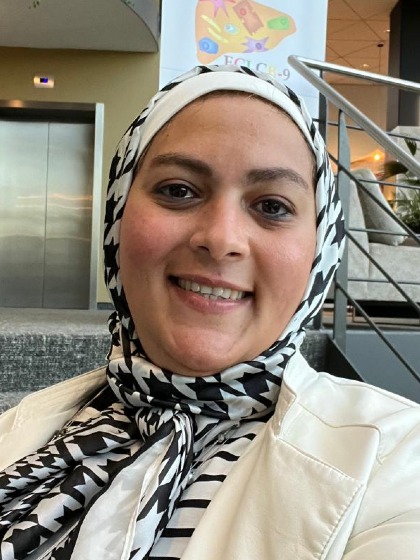
Contact
e.desoky rug.nl
Functie
Guest Postodctoral Research Fellow
Professor in Molecular Neurobiology and Neuroimmunology
Background:
Our group is working at the cross roads of inflammation and neuronal function with molecular, cellular and behavioural approaches in various neuronal disease models.
Molecular... lees meer
Background:
Our group is working at the cross roads of inflammation and neuronal function with molecular, cellular and behavioural approaches in various neuronal disease models.
Molecular... lees meer

Contact
Functie
Hoogleraar
Immunoendocrinologie, voortplantingsimmunologie, preeclampsie, gender en immunologie, microbioom en reproductie


Contact
Functie

Contact
Functie
Hoogleraar
Vakgebied
Immunology van vaccinaties. immunologische veroudering. biomarkers van vaccinatie.

Contact
m.van.der.heiden umcg.nl
Functie
Post-doctoraal onderzoeker in virale immunologie en vaccinatie
Vakgebied
Ademhalingsstelsel, Cellulaire en Moleculaire Biologie, Mucosale Immunologie, Astma, COPD, In vitro modellen, Epitheel, Regeneratie

Contact
h.i.heijink umcg.nl
Functie
Full Professor

Contact
w.helfrich umcg.nl
Functie

Contact
Functie
Postdoctoraal onderzoeker en manager
Vakgebied
Vaccinology

Contact
Functie
Hoogleraar Vaccinologie
Vakgebied
Experimentele longpathologie, immunologie, epigenetica, longweefsel regeneratie, extracellulaire vesicles

Contact
Functie
Universitair Hoofddocent
Vakgebied

Auteur en redactielid herdruk Leerboek Immunologie (Bohn, Stafleu en Van Loghem); Consultancy taken voor Bristol Myers Squibb, AstraZeneca, ArgenX, Novartis; Spreker voor Santen BV; Voorzitter visitatiecommissie LBAI (Brest, Frankrijk) ten behoeve van... lees meer
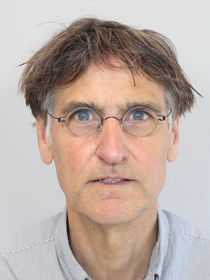

chronische ontsteking, immuniteit van veroudering, MS, EAE diermodellen, innate immuniteit, microbiele antigenen, evolutionary medicine
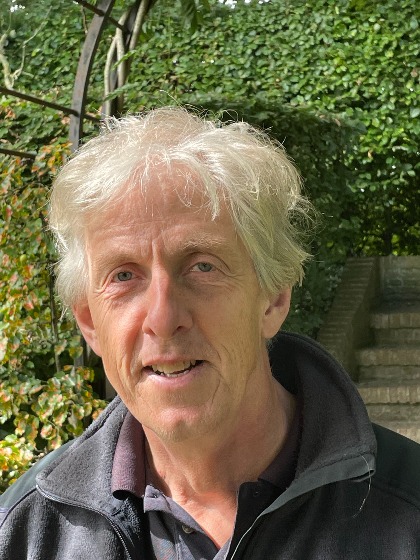
Contact
Functie
Hoogleraar Immunology of Ageing

Molecular neurobiology. Microglia immune memory. Epigenetics, neuroinflammation, and demyelination in the context of multiple sclerosis, neurodegeneration and irradiation.

Contact
Functie
Promovendus (PhD candidate)
Vakgebied
Macrofaagbiologie
Datascience
Immunologie
Longpathologie
Longziekten
Microplastics
Diermodellen van astma, COPD en longfibrose
Flowcytometrie
Histologie
Datascience
Immunologie
Longpathologie
Longziekten
Microplastics
Diermodellen van astma, COPD en longfibrose
Flowcytometrie
Histologie

Contact
Functie
Hoogleraar Respiratoire Immunologie
Vakgebied

Contact
d.j.mulder umcg.nl
Functie
Internist-Vasculair Geneeskundige
Vakgebied
Ik ben opgeleid als wetenschappelijk onderzoeker met een sterke focus op cellulair immunologisch en molceulair genetisch onderzoek. In het UMCG heb ik een sterke interesse ontwikkeld voor translationeel onderzoek in een multidisciplinaire setting. Mijn... lees meer

Contact
m.c.nawijn umcg.nl
Functie
Universitair Hoofddocent
Hans Nijman is werkzaam als gynaecoloog oncoloog (sinds 2003) in het Universitair Medisch Centrum te Groningen, waar hij op 1 maart 2015 benoemd is tot hoofd van de afdeling Obstetrie en Gynaecologie. Hans is opgeleid in Amsterdam (VUMC en St Lucas-... lees meer

Contact
h.w.nijman umcg.nl
Functie
Gynaecoloog Oncoloog, Afdelingshoofd Obstetrie & Gynaecologie
Vakgebied
Chronische urticaria & angio-oedeem, medische beslisondersteuning, innovatie

Contact
Functie
Internist-allergoloog/immunoloog
Geneesmiddel afgifte, leverziekten, therapeutische eiwitten

Contact
Functie
Hoogleraar
Cell Death and DAMPs

Contact
Functie
Assistant Professor

Contact
m.requesens.rueda umcg.nl
Functie
Mechanisms of virus-induced inflammation
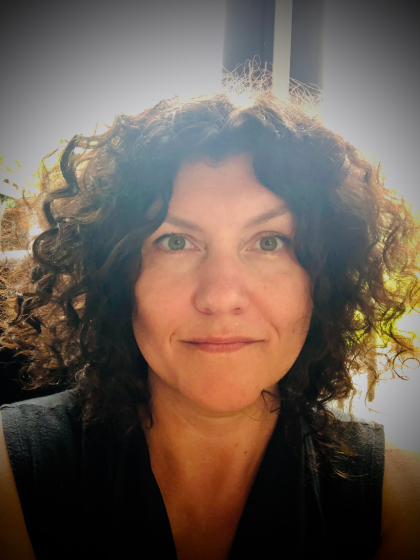
Contact
Functie
Universitair Docent
Vakgebied
Algemene en Longpathologie
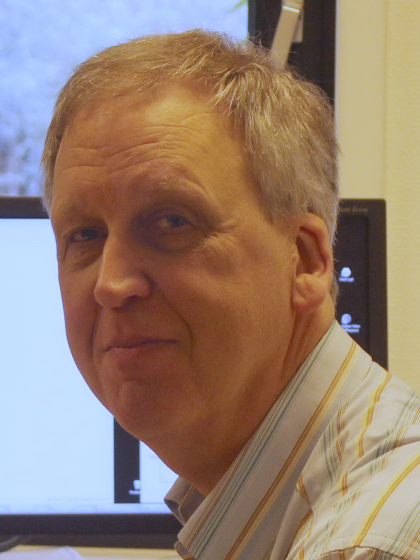

Biocompatibility, biomaterials, immunology, Diabetes, alginates, pectin, inulin type fructan, human milk oligosaccharides (hMOs), immunoisolation, microencapsulation, pancreatic islets, epithelial cells, immunology, immunomodulation, targetting of cells... lees meer

Immunologie



Biochemie; Humane Genetica; Niet-coderende RNAs; miRNAs, lncRNAs; Moleculaire Immunologie; Ziektemodellen voor Complex Genetische Immunziekten; Coeliakie; iPS Technologie; Organoiden; Organen-op-chip Technologie.

Contact
Functie
Universitair Hoofd-docent
View this page in: English
